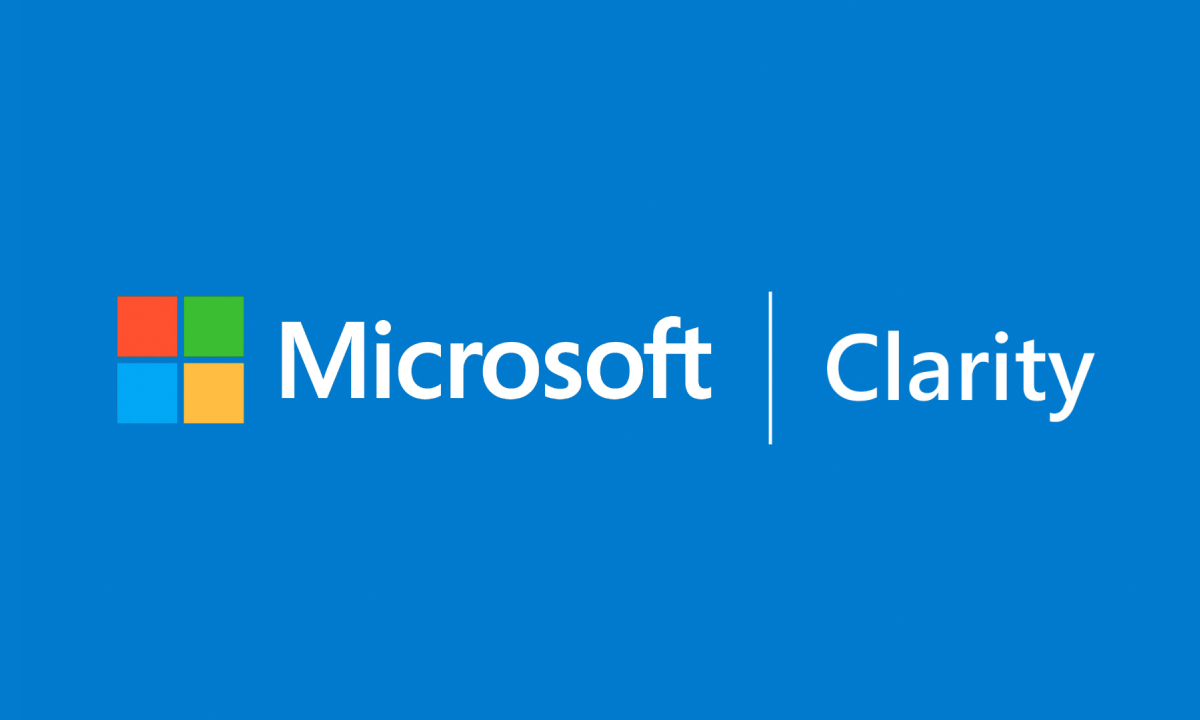In a recent and unprecedented leak, over 14,000 ranking features from Google's internal SEO documents were exposed, sending ripples through the SEO community. This leak, much like the Yandex search ranking leak, offers a detailed look into Google's elusive search ranking mechanisms, revealing numerous unknown parameters previously denied or kept secret by Google.

Site Authority and Domain Age
Despite Google's public denials, the leaked documents confirm the existence of a "siteAuthority" metric, which measures the overall authority of a website. Additionally, the "hostAge" attribute is used to manage new websites and fresh spam during serving time, debunking the myth that domain age directly influences rankings. Instead, this sandboxing mechanism isolates new and potentially spammy sites. Despite the evolution of algorithms, foundational elements like Google PageRank still play a role. Link diversity and relevance remain key factors in determining a webpage's trustworthiness.

Click Data Utilization
Contrary to Google's statements, click data plays a significant role in search rankings. The NavBoost system uses click signals such as good clicks, bad clicks, and dwell time to adjust rankings. This system, which includes user interaction data from Chrome, has been in use since 2005, reflecting Google's long-term reliance on click metrics. Also in the document there is a unicornClicks comes from a Unicorn user. So really, who is the Unicorn use?
Chrome User Data
One of the more surprising revelations is the extent to which Google leverages Chrome user data. Information such as browsing history, scroll depth, and bounce rates are collected to understand user behavior better. This data helps Google refine its ranking algorithm by evaluating how users interact with web pages and search results. The use of Chrome data for page speed rankings was previously known through the Chrome UX report, but the inclusion of scroll depth and other detailed user metrics is a new discovery for everyone.
Content Updates and Historical Versions
Google maintains an internal web archive, keeping the last 20 versions of a webpage. This means that to remove older versions from Google's memory, webmasters can repeatedly update a page until the older versions are pushed out.
Exact Match Domains (EMDs)
The trend against using exact match domains continues, with Google placing greater emphasis on content quality and relevance over domain names. This shift discourages the use of EMDs as a quick tactic for ranking specific keywords.
Product Reviews
Quality and authenticity in product reviews are gaining more importance. Google is focusing on in-depth, unbiased reviews that provide genuine value to users, discouraging superficial and low-quality review content.
Freshness Algorithm
Google places a strong emphasis on fresh, updated content. Sites that regularly update their content and provide timely information can expect to see a boost in rankings.
User Engagement Metrics
Google's ranking algorithm increasingly prioritizes user engagement metrics, such as site speed, mobile-friendliness, and interactive content. This indicates a shift towards enhancing user experience as a critical component of SEO.
Whitelists and Sensitive Topics
The leaked documents revealed that Google maintains whitelists for certain sensitive topics, such as elections and COVID-19, which receive special treatment in search rankings.
Author and Content Quality Tracking
Google explicitly tracks and evaluates authors, providing metrics for content originality and quality. High-quality, original content authored by credible writers is crucial for improving search rankings.
Impact of Paid Advertising on Organic Results
The leaked documents did not directly address the influence of paid advertising on organic search results. Google has consistently maintained that paid search and organic search are separate and that paid ads do not directly impact organic rankings. However, the visibility and brand awareness generated by paid ads can lead to increased clicks and engagement on organic listings, indirectly boosting their performance.
Yandex Leak: A Precursor to Google's Leak
The Google leak is reminiscent of the Yandex search ranking leak that occurred earlier. In January 2023, internal source code and ranking factors from Yandex, a prominent Russian search engine, were leaked online. This leak revealed numerous details about Yandex's ranking algorithms, providing the SEO community with insights into how search engines might operate behind the scenes. Key findings from the Yandex leak included:
- Direct Influence of User Behavior: Yandex's algorithms placed significant emphasis on user behavior metrics, such as click-through rates (CTR) and user engagement.
- Link Analysis: Similar to Google, Yandex valued high-quality backlinks and the overall authority of linking domains.
- Page Load Speed: Page load times were crucial for ranking, highlighting the importance of technical SEO.
- Content Quality: Content originality and relevance were critical factors, with high-quality content being rewarded in search rankings.
Implications for SEO Strategies
This leak provides invaluable insights for SEO professionals, highlighting the need to focus on creating high-quality content, understanding user interactions, and leveraging authoritative links. It underscores the complexity and dynamic nature of Google's ranking algorithm, encouraging SEOs to stay adaptable and informed.
For more detailed information, you can explore the full range of leaked parameters and their implications in the Google API Content Warehouse.









